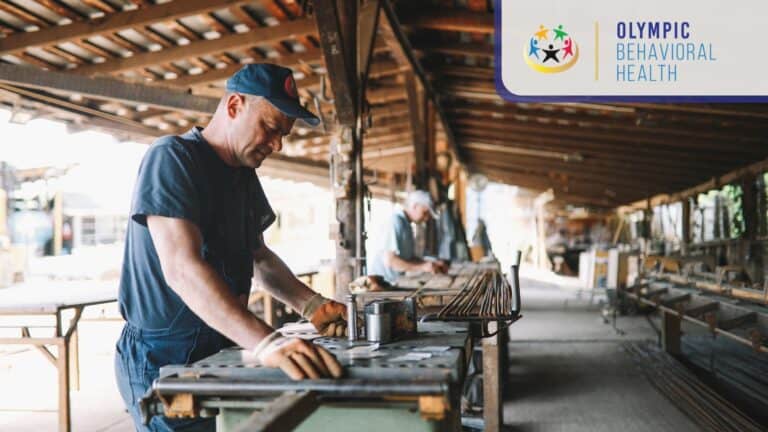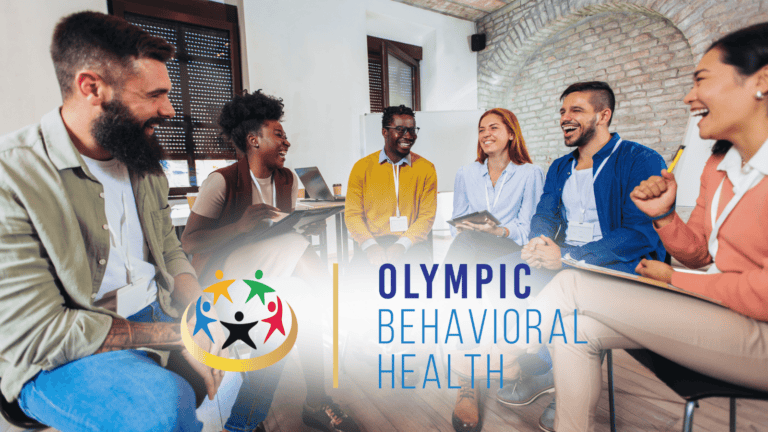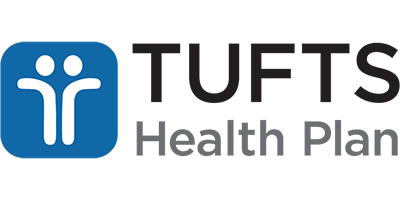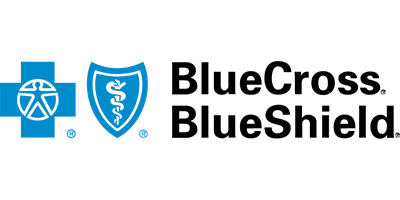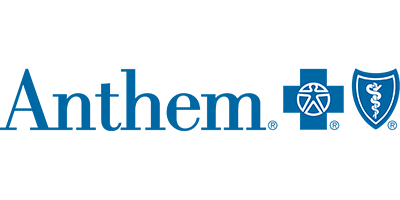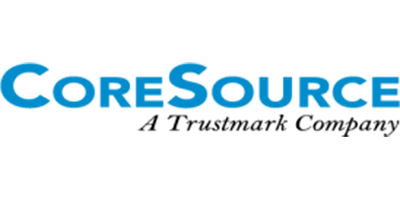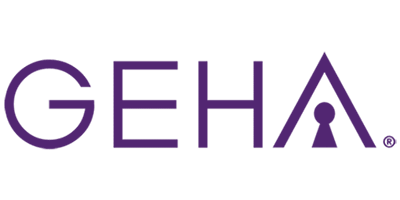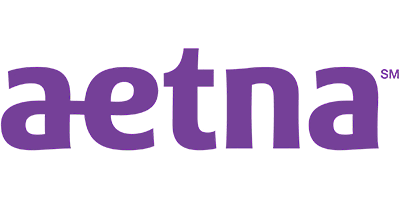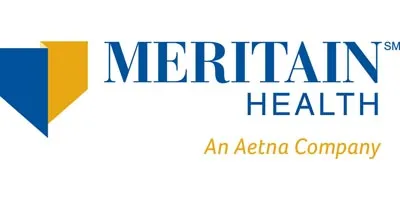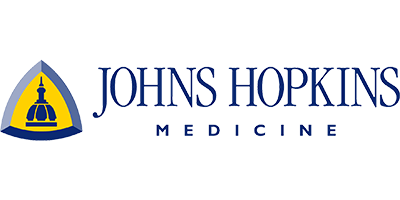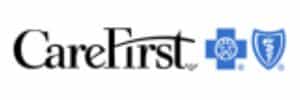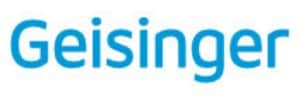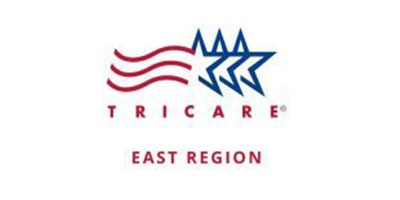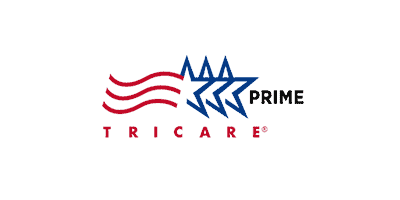At Olympic Behavioral Health’s addiction treatment programs in West Palm Beach, FL, we understand the challenges individuals and their loved ones can face in beginning their drug and alcohol addiction recovery journey in West Palm Beach, FL. However, we are here to provide high-quality addiction treatment programs in West Palm Beach, FL. These programs are offered in several convenient formats like PHP in West Palm Beach, FL, and IOP in West Palm Beach, FL, to accommodate your individual needs and schedule. Reach out to Olympic Behavioral Health at (561) 272-0800 today to learn more.
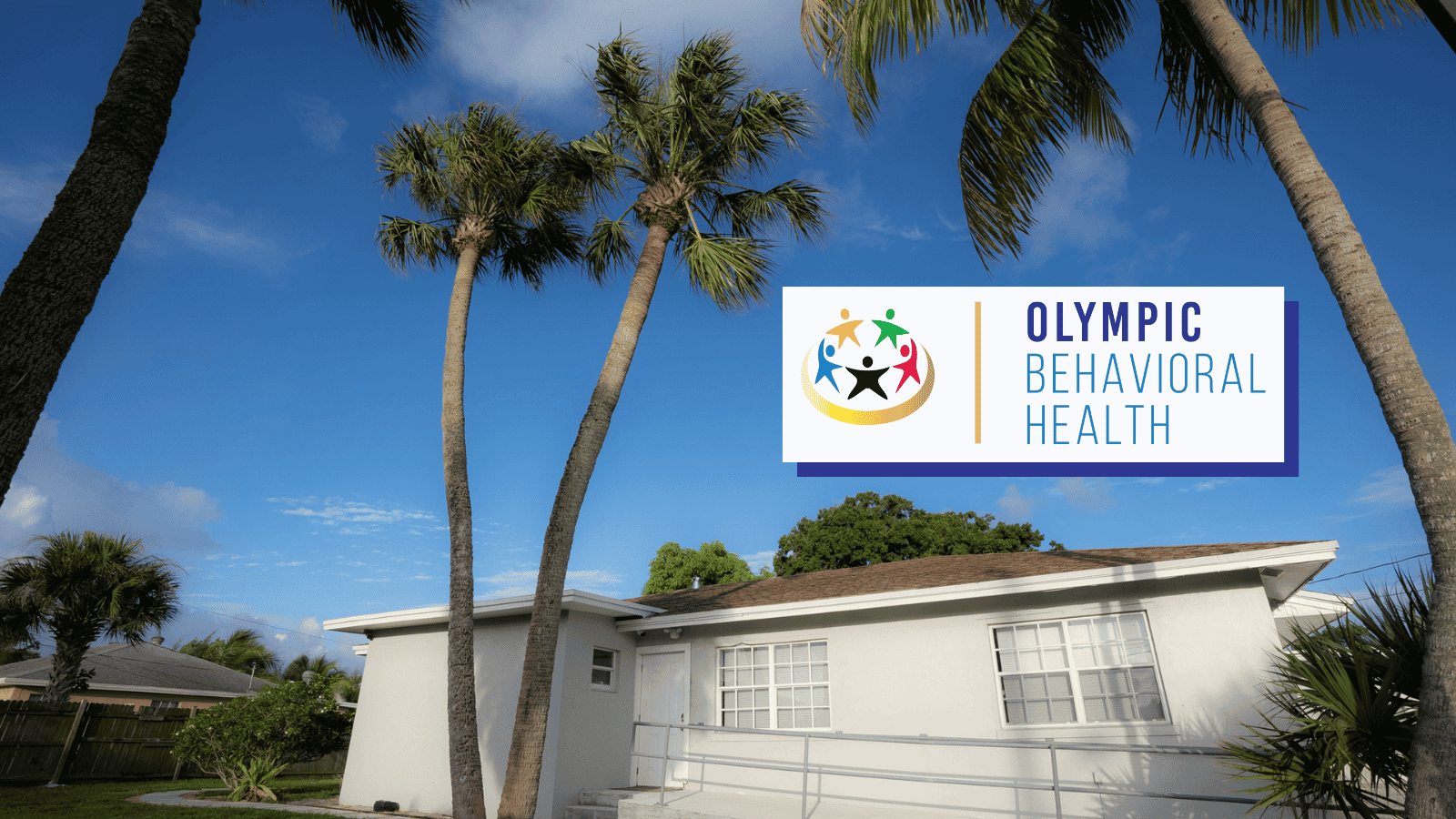
What Do Addiction Treatment Programs in West Palm Beach, FL Entail?
Beginning on a journey toward recovery from drug or alcohol use disorder? West Palm Beach, Florida, offers a diverse array of addiction treatment programs, each tailored to meet unique challenges and needs. Understanding these programs is a vital step in finding the one that resonates with your personal journey.
In West Palm Beach, the key to successful addiction treatment lies in finding a program that aligns with your individual circumstances. This includes:
- Balancing Commitment: The most effective programs are those that integrate seamlessly with your daily life, respecting your family and work commitments. A flexible treatment schedule not only aids in maintaining program retention but also supports a sustainable path to recovery.
- Addressing Addiction Severity: The intensity of your addiction requires a carefully calibrated treatment approach. In West Palm Beach, programs are designed to match your specific needs. Avoiding a hurried treatment process or settling for less intensive care than necessary could lead to suboptimal outcomes and a heightened risk of relapse.
- Comprehensive Care for Co-occurring Disorders: Many individuals grappling with addiction also face mental health challenges. West Palm Beach’s addiction treatment programs emphasize the importance of concurrent treatment for both substance use and mental health disorders, recognizing that holistic care is essential for lasting recovery.
In West Palm Beach, Florida, you’re not just choosing an addiction treatment program; you’re stepping into a community dedicated to supporting your journey to recovery, offering personalized care that addresses every aspect of your well-being.
What Are The Levels Of Care Offered At Olympic Behavioral Health In West Palm Beach, Florida
Our addiction treatment center in West Palm Beach, FL, offers several levels of care so that clients can receive the support they need at every step of their recovery from addiction. In our Florida addiction treatment center, we offer:
- Partial hospitalization program (PHP) in FL – High level of support with the ability to return home each day
- Intensive outpatient program (IOP) in FL – High level of support with more flexibility than PHP
- Dual diagnosis treatment program in FL – Specialized treatment for addiction and co-occurring mental health disorders in Florida
When you reach out to our team, we’ll help you determine which level of care is right for your addiction treatment needs. Whether you’re reaching
What Addiction Treatment Programs Are Offered At Olympic Behavioral Health?
At Olympic Behavioral Health, we are dedicated to providing a wide range of specialized programs, each meticulously designed to address different aspects of addiction and recovery. Our diverse treatment options ensure that every individual receives the personalized care they need to embark on a successful recovery journey.
- 12-Step Facilitation Approach: A structured program that guides individuals through the healing steps of recovery, fostering a deep understanding of addiction and its challenges.
- Alcohol Rehab Program: Tailored specifically for overcoming alcohol addiction, this program combines medical expertise with therapeutic support.
- Brief Intervention Approach: A focused, time-limited treatment strategy designed to inspire rapid changes in behavior and coping strategies.
- Contingency Management/Motivational Incentive: This program uses positive reinforcement to encourage sobriety and adherence to treatment goals.
- Heroin Rehab Program: Dedicated to addressing the unique challenges of heroin addiction, providing comprehensive medical and psychological support.
- Intensive Outpatient Program: Offers a structured yet flexible treatment schedule, allowing clients to maintain daily responsibilities while receiving care.
- Matrix Model: An integrative program that combines various therapeutic techniques to treat stimulant addictions effectively.
- Men’s Rehab Program: A gender-specific treatment option that addresses the unique recovery needs and challenges faced by men.
- Partial Hospitalization Program: Provides intensive care and support in a structured environment, ideal for those transitioning from inpatient to outpatient treatment.
- Recovery Management For Addiction Treatment: Focuses on long-term recovery planning and support to sustain sobriety post-treatment.
- Relapse Prevention Program: Aims to equip individuals with the skills and strategies needed to prevent relapse and maintain long-term recovery.
- Women’s Rehab Program: Tailors treatment to the specific needs of women, acknowledging the unique challenges they face in addiction and recovery.

How Can Addiction Treatment Programs Help You Recover In West Palm Beach, FL?
Some people can overcome addiction at home, but the risk of relapse and overdose is high without professional addiction treatment. Addiction treatment programs in Florida, like Olympic Behavioral Health, provide several benefits over trying to break free of a substance use disorder alone, including:
- Providing medical attention: Addictions can harm your mental and physical health. When you receive addiction treatment, you will undergo an assessment to check for and address health concerns.
- Withdrawal management: Your physician can provide you with medications to help you feel more comfortable as drugs and alcohol leave your system. This can also help reduce cravings.
- Monitoring and support: Your care team can monitor your mental state as you go through treatment to identify risks and keep you safe.
- Providing various therapies: A personalized schedule of psychotherapy, behavioral therapies, group therapy, family therapy, and holistic therapies can enhance your recovery by healing your mind and body.
As you can see, our Florida addiction treatment programs by Olympic Behavioral Health are the most reliable and effective way to recover from addiction. Reaching out to Olympic Behavioral Health can set you up for a happy, healthy recovery.
Why Should You or Your Loved One Attend an Addiction Treatment Center in West Palm Beach, FL?
Facing addiction, whether it’s your own or a loved one’s, can be challenging. Opting for addiction treatment in West Palm Beach, Florida, is a significant stride towards overcoming drug and alcohol addiction. At Olympic Behavioral Health, located in the heart of South Florida, we specialize in a variety of evidence-based treatment methods. Our offerings include individual and group therapy, holistic approaches, and medication-assisted treatments, tailored to meet individual needs.
We understand the complexities of addiction and offer flexible treatment solutions like partial hospitalization programs (PHP) and intensive outpatient programs (IOP), catering to those who require a more adaptable approach to recovery.
West Palm Beach, Florida, offers more than just a location; it provides a healing environment. The city’s warm climate and peaceful atmosphere play a crucial role in the recovery process. Olympic Behavioral Health, recognized as the top-rated addiction treatment center in the area, exemplifies West Palm Beach’s dedication to wellness and recovery. Reach out to us for a consultation and begin your journey of recovery in the supportive and nurturing environment of West Palm
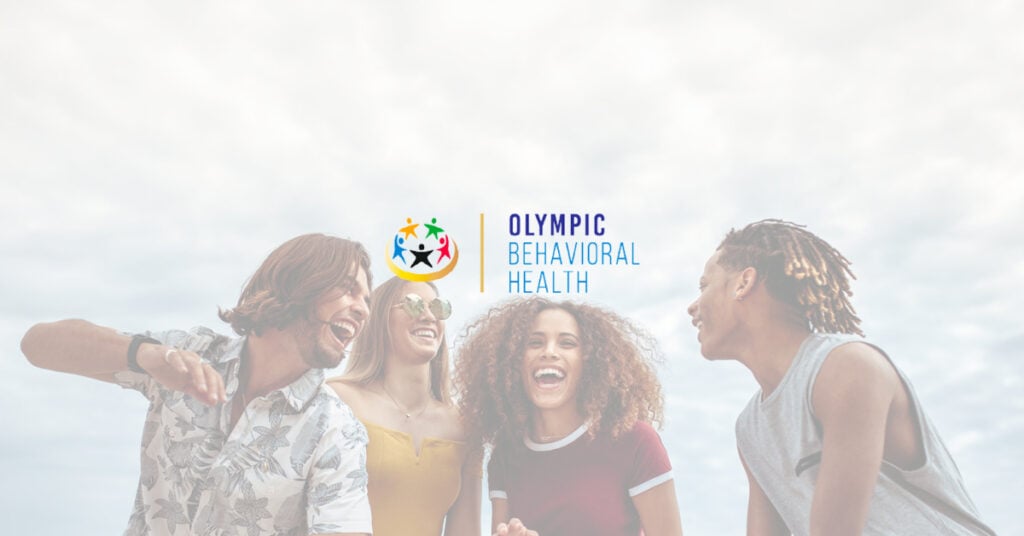
Olympic Behavioral Health: Offering The Best Outpatient Addiction Treatment Programs In West Palm Beach, Fl
Whether you need more intensive support from a partial hospitalization program in West Palm Beach, FL, or an intensive outpatient program in West Palm Beach, FL, prefer the flexibility of an outpatient program, or require the specialized help of a dual diagnosis treatment program, Olympic Behavioral Health has what you need. Our drug rehab in West Palm Beach, FL offer convenient, effective drug and alcohol addiction.

